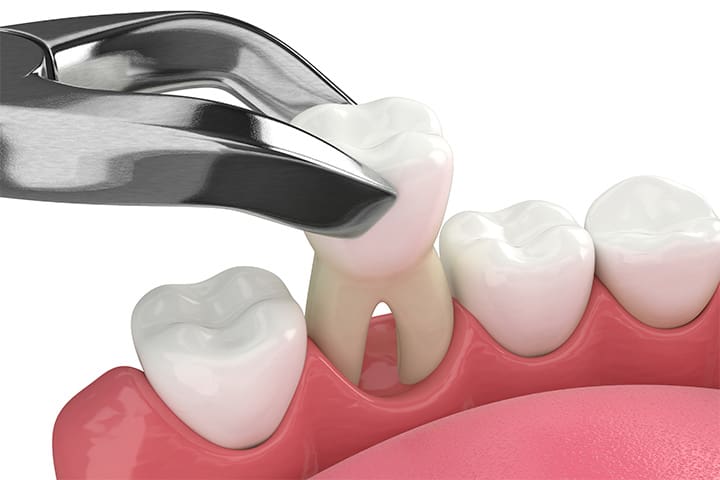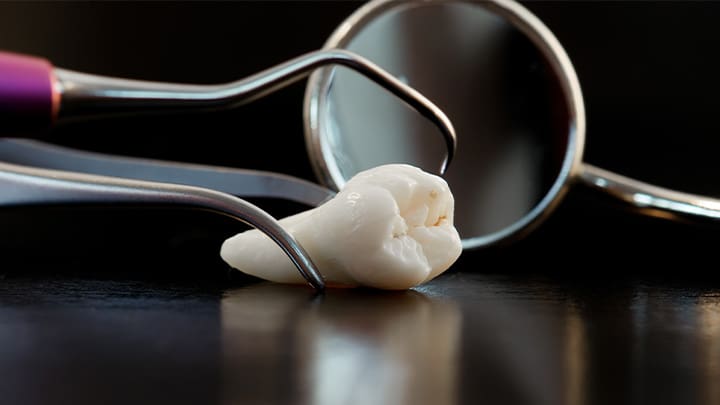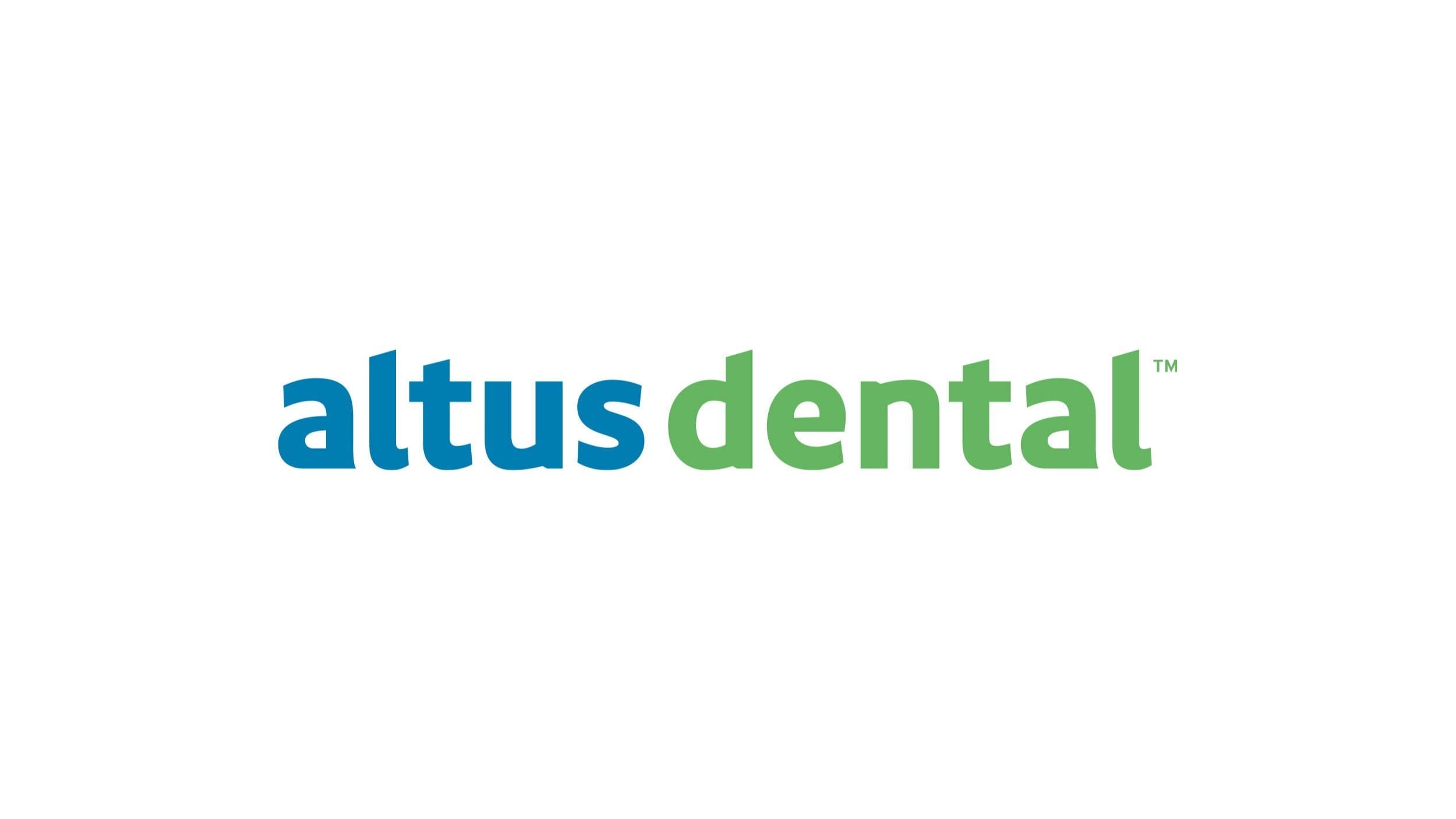Gently Removing Unsalvageable Teeth
Our team at Northampton Dental Specialists Group wants you to be able to preserve your natural smile, which is why we strive to salvage damaged or decayed teeth whenever we can. Unfortunately, some dental emergencies may result in a tooth that simply cannot be saved, leaving a tooth extraction as your only option. Rest assured, though, that we’ll do everything we can to make the extraction process as smooth and comfortable as possible. Don’t hesitate to call us if you think you need to have a tooth removed.
Why Choose Northampton Dental Specialists Group for Tooth Extractions?
- Lifelike Tooth Replacement Options
- Knowledgeable, Caring Dentists
- Sedation for Anxious Patients
Reasons Why Tooth Extractions Are Necessary

It’s important to remember that tooth extractions are considered a last resort. We will only recommend the procedure if we have already ruled out any alternatives that would allow you to keep the tooth. With that in mind, a tooth extraction may be required if:
- The tooth in question is badly decayed or damaged to the point where it can no longer be repaired.
- There is an infection in your tooth that may start to spread to other parts of your mouth.
- You are suffering from advanced gum disease that has caused some of your teeth to come loose.
- You have wisdom teeth that are partially or completely trapped under your gums.
- Your teeth are overly crowded to the point where they are preventing you from having orthodontic work performed.
The Process of Removing a Tooth

A routine tooth extraction involves loosening the tooth in question until it reaches the point where it can be taken out with forceps. Since your mouth will be numbed with a local anesthetic for this procedure, you shouldn’t experience any discomfort (although there may be some pressure).
In cases where the tooth is not easily accessible, a surgical extraction may be performed. For this procedure, an incision is made in the gums so that the tooth can be removed. Depending on the situation, the tooth may be divided into smaller sections that can be taken out one at a time.
Tooth Extraction Aftercare

Once the procedure is complete, a blood clot will form at the extraction site. You will need to keep this blood clot safe if you want to prevent a painful dry socket. To do so, avoid drinking through a straw, spitting, or directly touching the site while your mouth is healing.
To manage your discomfort after your tooth extraction, be sure to follow any instructions our team gives you for taking over-the-counter or prescribed pain medication. You should also make a point of avoiding strenuous exercise, as it could lead to excessive bleeding and a delayed healing process.
Your diet after a tooth extraction should consist only of soft or liquid foods. Scrambled eggs, mashed potatoes, and yogurt can all be good choices. Remember not to eat anything that’s particularly hot or spicy.






